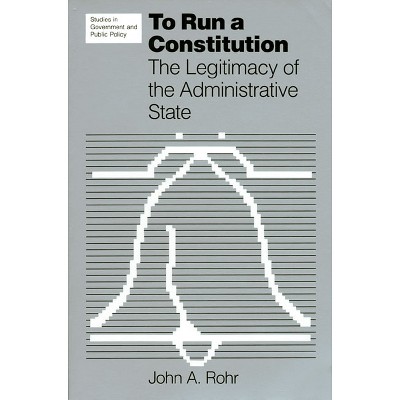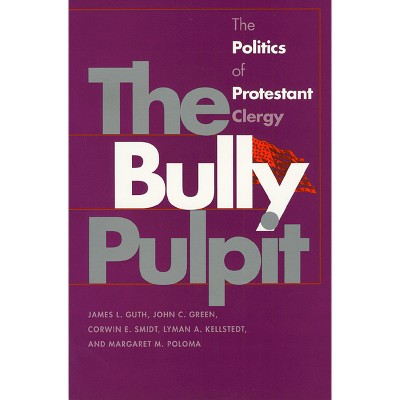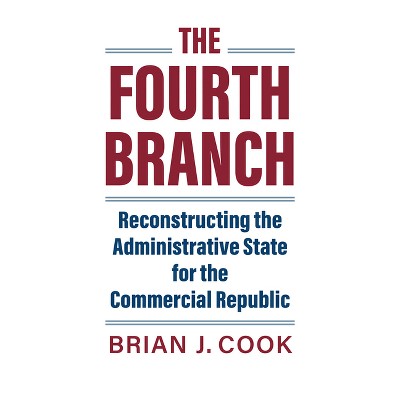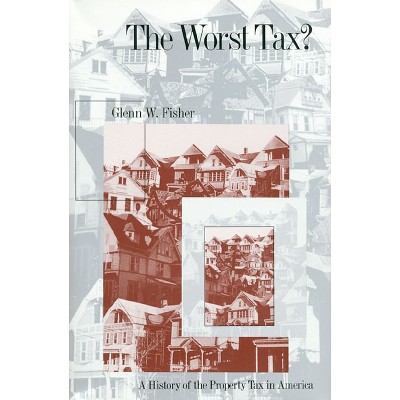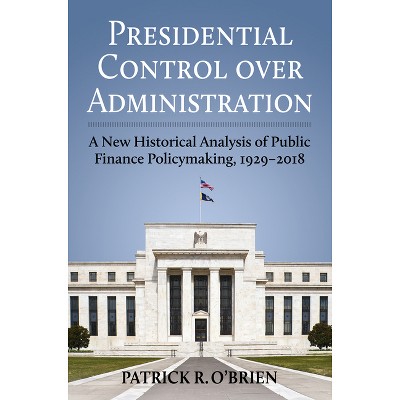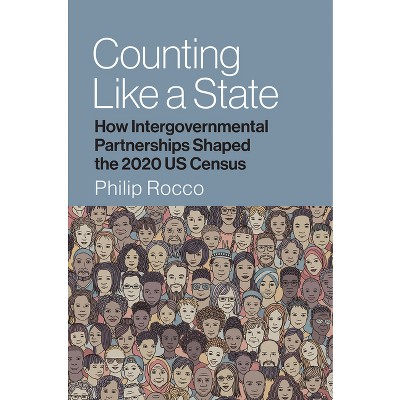Public Service, Ethics, and Constitutional Practice - (Studies in Government and Public Policy) by John A Rohr (Paperback)

About this item
Highlights
- For civil servants who take an oath to uphold the Constitution, that document is the supreme symbol of political morality.
- Author(s): John A Rohr
- 192 Pages
- Political Science, American Government
- Series Name: Studies in Government and Public Policy
Description
Book Synopsis
For civil servants who take an oath to uphold the Constitution, that document is the supreme symbol of political morality. Constitutional issues are addressed by civil servants every day, whenever a policeman arrests a suspect or members of different branches of government meet. But how well do these individuals really understand the Constitution's application in their jobs? This book encourages civil servants to reflect on specific constitutional principles and events and learn to apply them to the decisions they make. Twenty seminal articles by a preeminent scholar seek to legitimate public service by grounding its ethics in constitutional practice. John Rohr stresses that ethical practice demands an immersion in the specifics of our constitutional tradition, and he offers a guide to attaining a greater sense of those constitutional principles that can be translated into action. Along the way he considers such timely issues as financial disclosure, the treatment of civil servants as second-class citizens, and instances of civil servants caught between executive and legislative forces. Rohr's opening essays demonstrate that responsible use of administrative discretion is the key issue for career civil servants. Subsequent sections examine approaches to training civil servants using constitutional principles; character formation resulting from study of the constitutional tradition; and the ethical choices that are sometimes posed by separation of powers. A final group of chapters shows how a study of other countries' constitutional traditions can deepen an understanding of our own, while a closing essay looks at past issues and future prospects in administrative ethics from the perspective of Rohr's long involvement in the field. Throughout this insightful collection, Rohr seeks to remind public servants of the nobility of their calling, reinforce their role in articulating public interests against the excesses of private concerns, and encourage managers to make greater use of constitutional language to describe their everyday activities. Although his work focuses on the federal career civil servant, it also offers valuable lessons applicable to state and local civil servants, elected officials, judges, military personnel, and those employed in the nonprofit sector.Review Quotes
"This book is a polished ethical gem. . . . It is a thought provoking 'must read' for every individual on a personal ethical journey, whether educator, student, or civil servant."--Review of Public Personnel Administration
"John Rohr is the clearest and strongest voice in the contemporary study of ethics for public service, and Public Service, Ethics, and Constitutional Practice is his finest work. In it Rohr brings together constitutional and legal perspectives on ethics, the place of education and training in professional ethics, and, to top it off, compares American, British, and French perspectives on public service ethics."--H. George Fredrickson, author of The Spirit of Public Administration and editor of Ethics and Public Administration
"John Rohr is widely regarded as one of the preeminent ethics and constitutional scholars in the United States. In this book he continues his lifelong project of encouraging both academicians and practitioners to appreciate the link between ethical behavior and our constitutional tradition. He seeks to create a 'frame of mind' that will guide their decision making--a frame of mind governed by a complex understanding of constitutional principles. The publication of these essays in one volume is a great service to the public administration community."--Larry D. Terry, author of The Leadership of Public Bureaucracies: The Administrator as Conservator
Shipping details
Return details
Trending Non-Fiction






